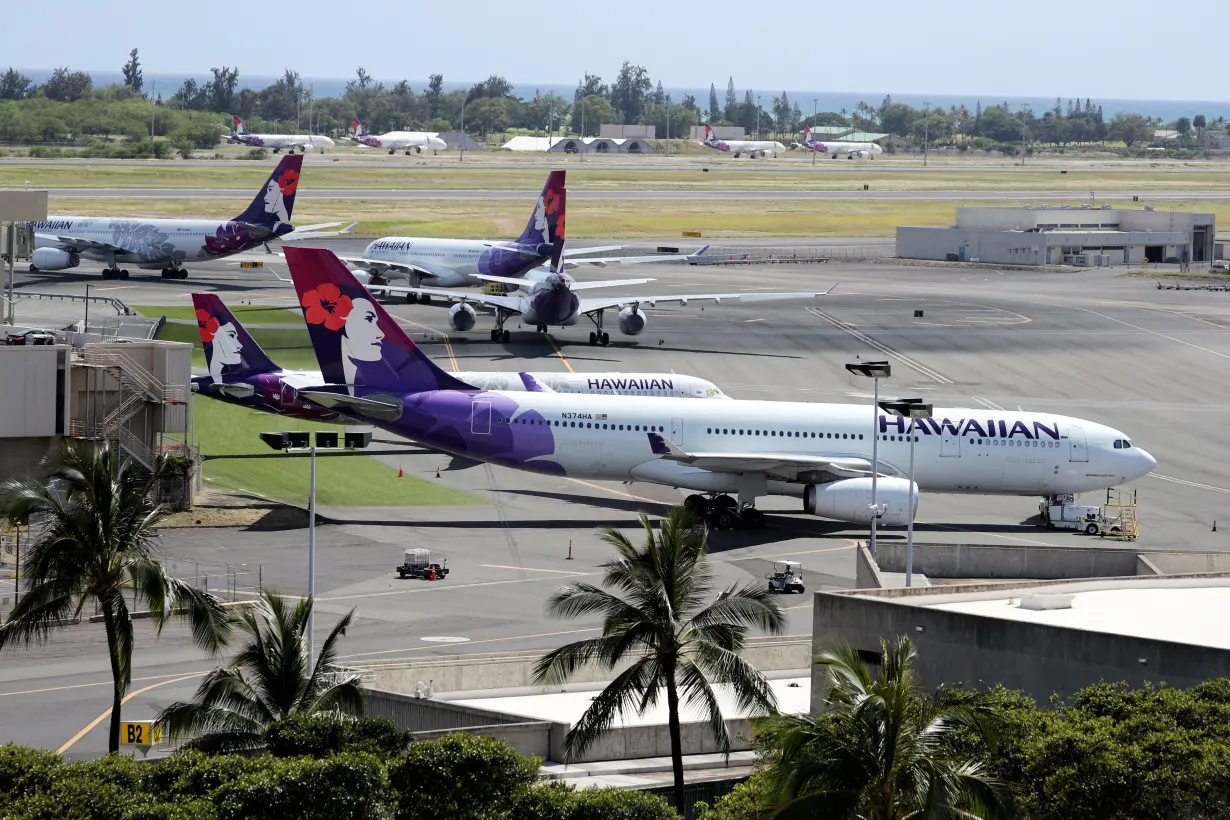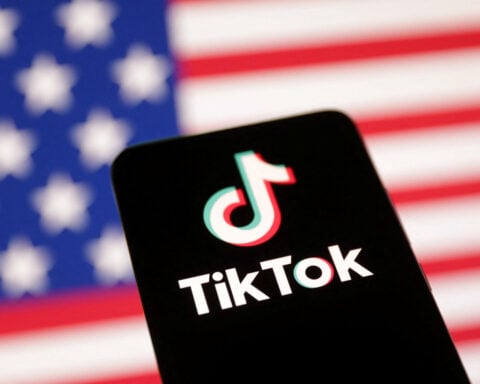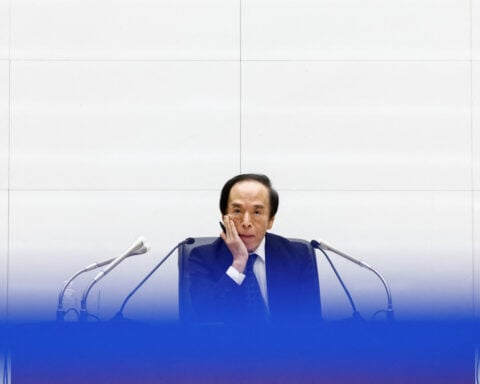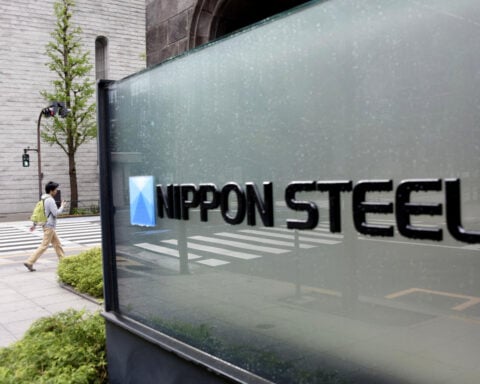By Rajesh Kumar Singh
CHICAGO (Reuters) - Shortages of new planes, jet engines and pilots have left U.S. airlines with little choice but to pursue growth through acquisitions - which then puts them in the crosshairs of anti-trust regulators.
Alaska Airlines surprised analysts and industry officials with its plan to buy Hawaiian Airlines for $1.9 billion even before a judge rules on the U.S. Department of Justice's (DOJ) lawsuit aimed at blocking JetBlue's proposed merger with Spirit Airlines.
But supply and labor constraints are so onerous that airlines like Alaska will likely keep chasing deals despite the Biden administration's aversion to more consolidation. Currently, American Airlines, United, Delta and Southwest Airlines control 80% of the domestic market, leaving little room for growth.
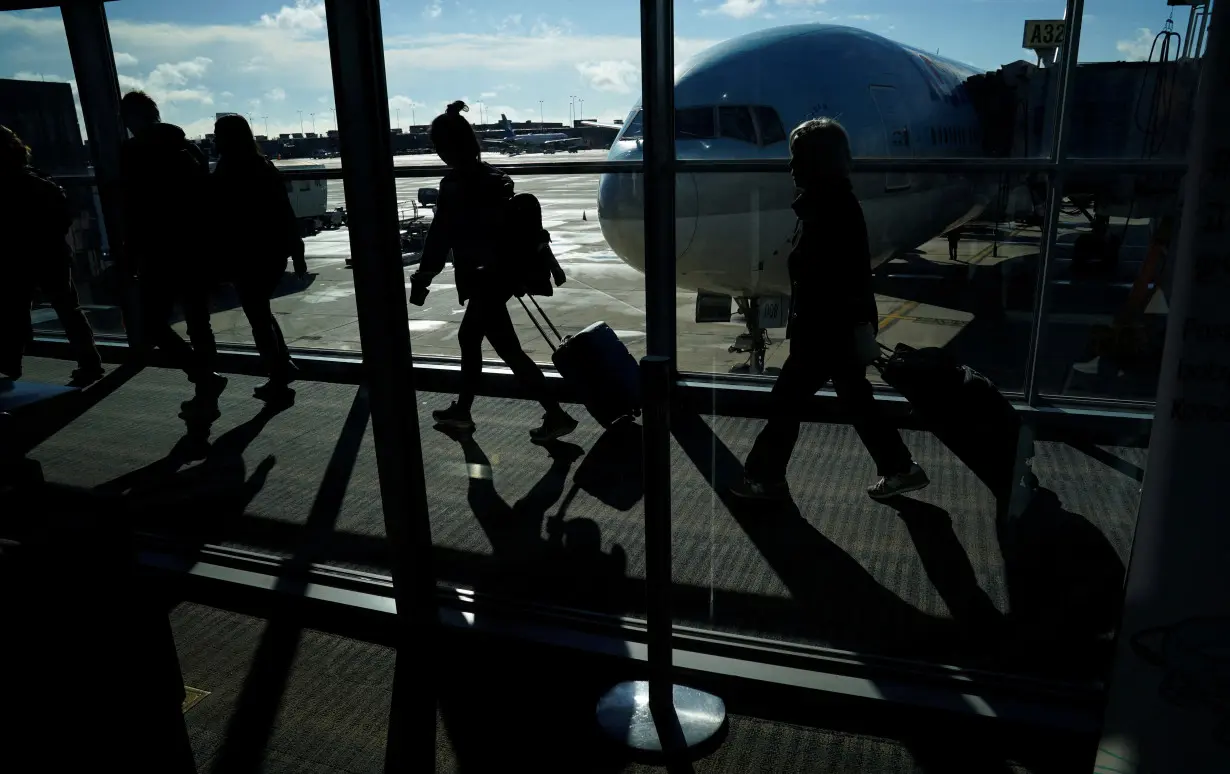
"This is an industry that is constantly looking for an angle," said Addison Schonland, partner at consulting firm AirInsight. "If Alaska didn't move on Hawaiian, what would stop somebody else moving on Hawaiian?"
The deal will provide Alaska - primarily a domestic carrier that flies narrowbody planes - Hawaiian's widebody jets, pilots and international networks, opening a runway for growth in long-haul international markets.
In an interview, Alaska CEO Ben Minicucci said it was the right time to do the deal, which he described as "a great investment, a great step change" for the company.
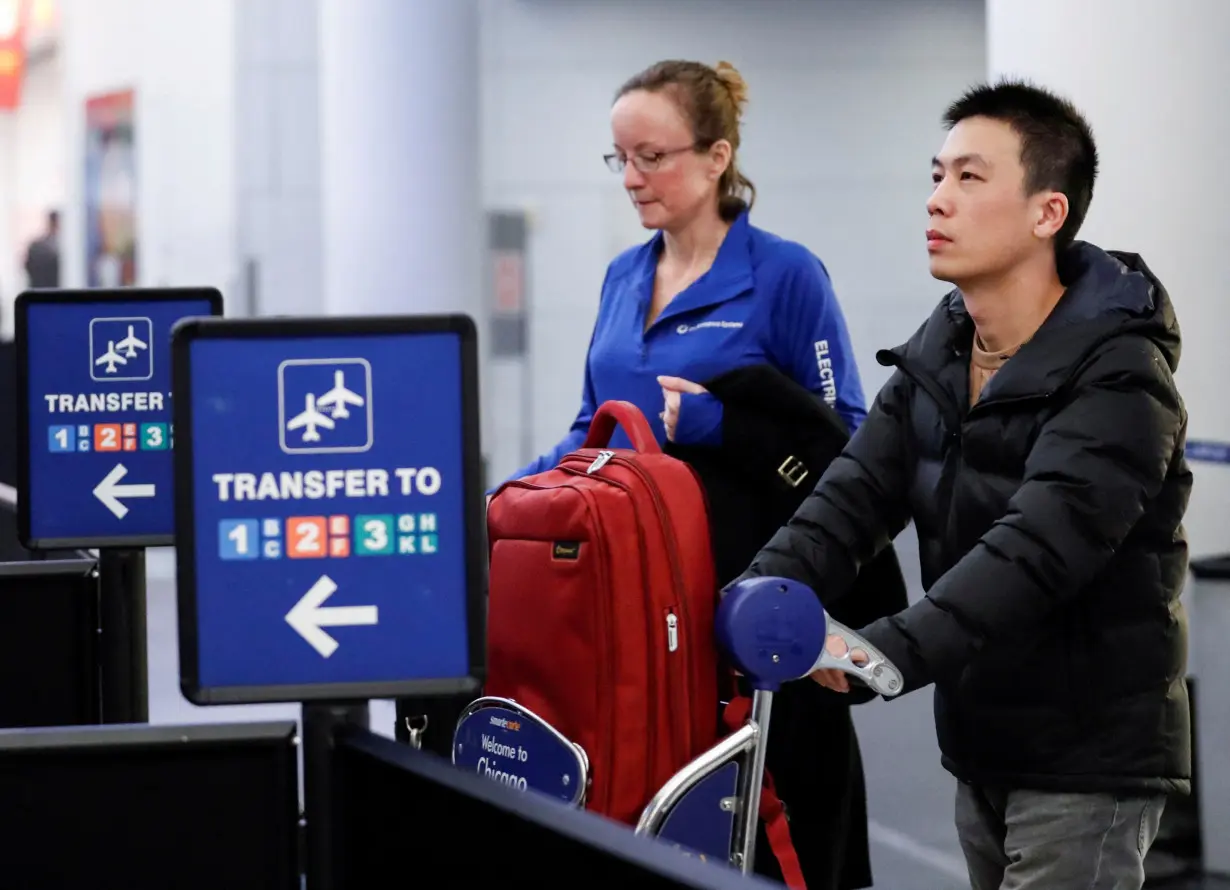
Alaska told analysts on Sunday that pursuing long-haul international flying on its own would be much more expensive and much more difficult.
Courtney Miller, a consultant who advocated for the merger between the two airlines back in 2019, said Alaska would probably have to invest around the same amount it is paying for Hawaiian to launch its own smaller international operation.
Getting into long-haul international flying by using Hawaiian's fleet of wide-body jets and international networks is a better option, he said.
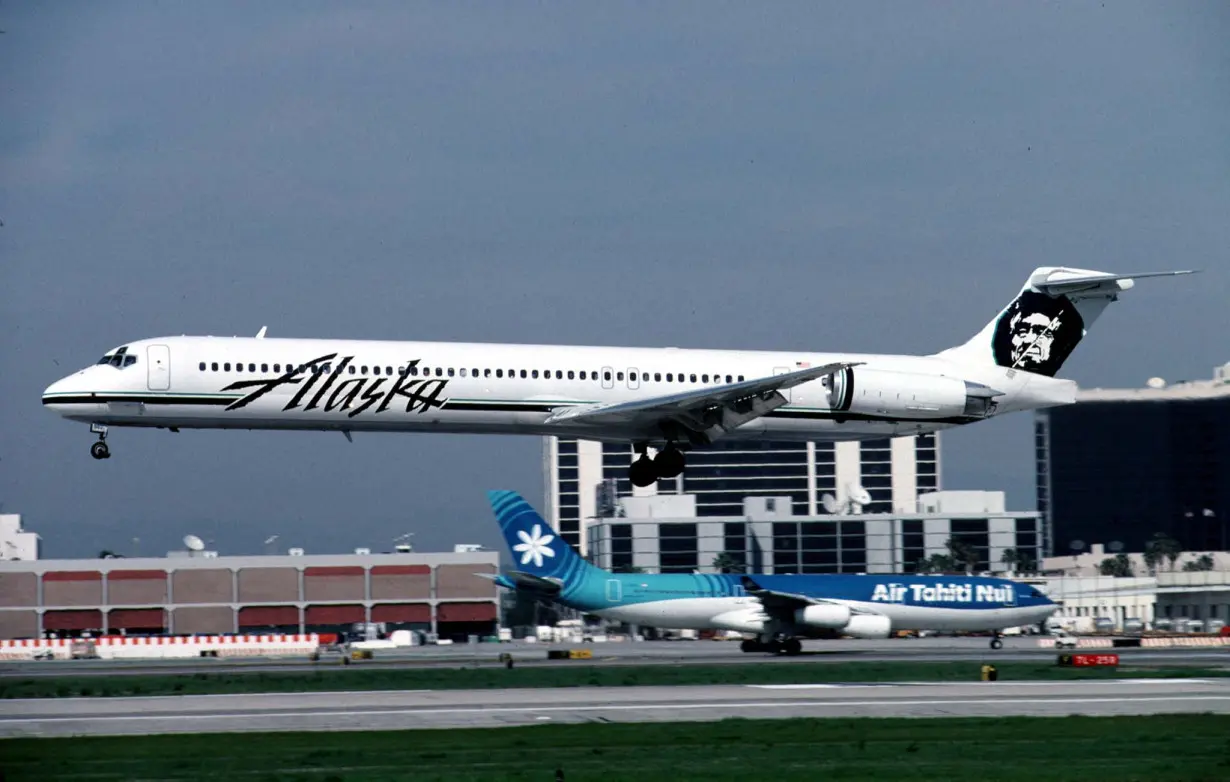
With both Boeing and Airbus facing supply-chain problems, the deal allows Alaska to avoid a prolonged wait for new planes. It also reduces the need to hire and train pilots during an industry-wide staffing crunch and saves the company from fighting for slots at international airports.
"The risk is much lower," said Miller, who now runs consultancy firm Visual Approach Analytics.
Mergers and acquisitions create economies of scale that helps offset soaring operating costs. Alaska, however, will be challenged on this front as it integrates Hawaiian's fleet, said Schonland.
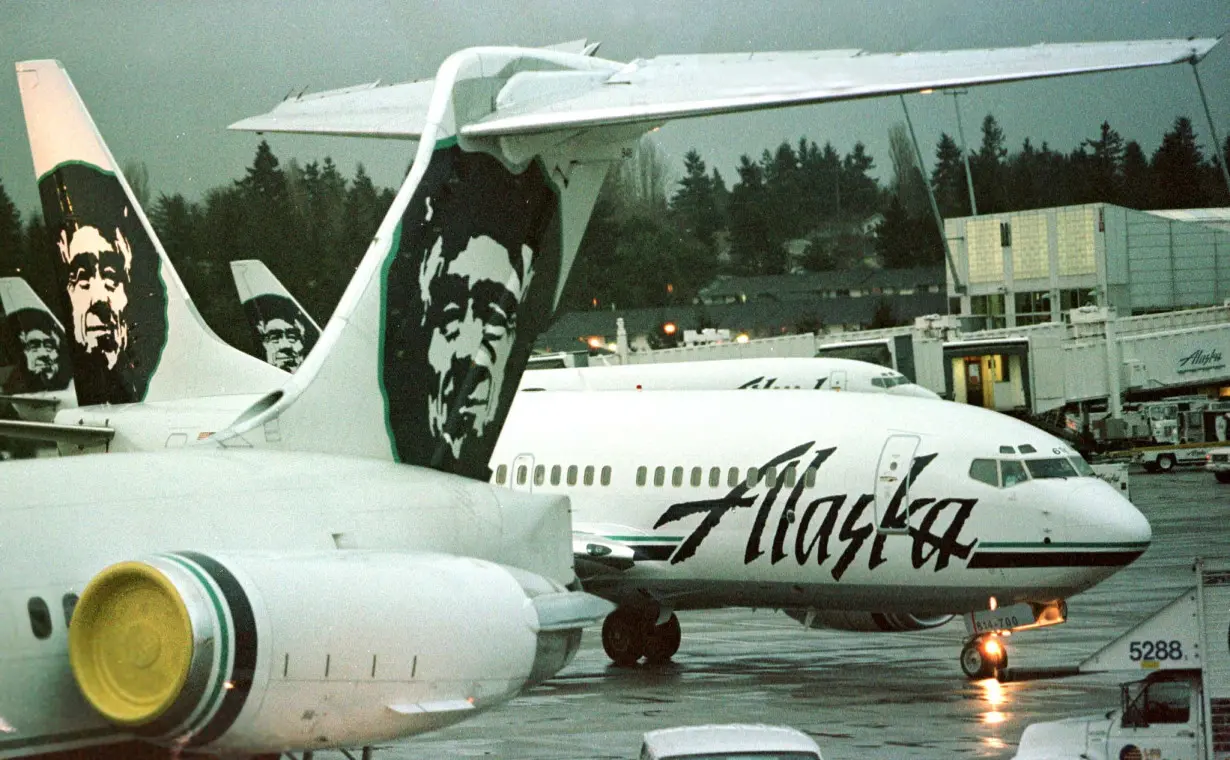
While the Seattle-based airline flies Boeing's 737 planes, Hawaiian's fleet has a number of Airbus jets, so a combined company would have to rely on different parts and mechanics for repairs. Minicucci said while the combined company will continue to operate a mixed fleet for now, he did not rule out reviewing the plane mix.
Legacy airlines like Delta and United have been able to mitigate inflationary pressures due to strong bookings for flights to Europe and Asia. But softening domestic travel demand has hurt earnings of domestic carriers including Alaska.
Similar growth concerns prompted JetBlue to launch a hostile bid for Spirit last year to try to expand JetBlue's domestic footprint and help it capitalize on the surge in leisure travel between the U.S. East Coast and the Caribbean.
The deals, however, face challenges in convincing anti-trust regulators that they are pro-competition and pro-consumer.
Former Federal Trade Commission Chairman William Kovacic, who now teaches at George Washington University law school, said the DOJ is likely to look at Alaska's transaction carefully.
"They approach airlines with a view that merger policy has been too permissive and allowed excessive concentration," he said.
(Reporting by Rajesh Kumar Singh, Editing by Nick Zieminski)

 Michigan Gov. Gretchen Whitmer, a potential 2028 candidate, wants to find common ground with Trump
Michigan Gov. Gretchen Whitmer, a potential 2028 candidate, wants to find common ground with Trump
 Biden promised to turn the page on Trump. Now he's being replaced by him
Biden promised to turn the page on Trump. Now he's being replaced by him
 Firefighters prepare for increasing gusts following brief reprieve for LA area
Firefighters prepare for increasing gusts following brief reprieve for LA area
 Nippon Steel wants to work with Trump administration on US Steel deal, Mori tells WSJ
Nippon Steel wants to work with Trump administration on US Steel deal, Mori tells WSJ
 After cable damage, Taiwan to step up surveillance of flag of convenience ships
After cable damage, Taiwan to step up surveillance of flag of convenience ships
 BOJ will raise rates if economy, price conditions continue to improve, Ueda says
BOJ will raise rates if economy, price conditions continue to improve, Ueda says
 Manatees congregate in warm waters near power plants as US winter storms graze Florida
Manatees congregate in warm waters near power plants as US winter storms graze Florida
 AAPI adults prioritize immigration, but split on mass deportations: AP-NORC/AAPI Data poll
AAPI adults prioritize immigration, but split on mass deportations: AP-NORC/AAPI Data poll
 As Los Angeles burns, Hollywood's Oscar season turns into a pledge drive
As Los Angeles burns, Hollywood's Oscar season turns into a pledge drive
 As fires ravage Los Angeles, Tiger Woods isn't sure what will happen with Riviera tournament
As fires ravage Los Angeles, Tiger Woods isn't sure what will happen with Riviera tournament
 Antetokounmpo gets 50th career triple-double as Bucks win 130-115 to end Kings' 7-game win streak
Antetokounmpo gets 50th career triple-double as Bucks win 130-115 to end Kings' 7-game win streak
